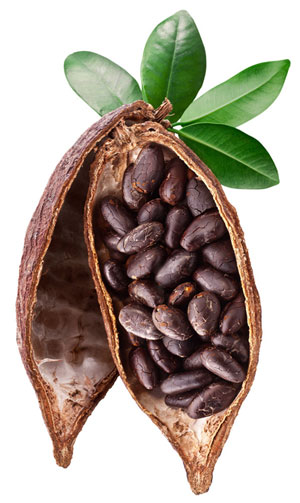Sami Kiiski appointed as President of Kesko’s building and technical trade division and a member of Group Management Board, and Johanna Ali appointed as acting President of the car trade division and a member of Group Management Board.

K Group’s own brand Pirkka chocolates and cocoa to contain certified cocoa only

In accordance with the new cocoa policy issued today, all cocoa used in K Group’s own brand cocoa drinks, chocolate confectionary products and chocolate baking goods will be 100% of sustainable origin by the end of year 2020. The cocoa used in other own brand products containing cocoa will be 100% of sustainable origin by the end of year 2025.
K Group accepts the esteemed Fairtrade and UTZ certificates and the new ISO 34101 Sustainable and traceable cocoa standard as certifications for cocoa.
“We see our mission as supporting our customers in making sustainable choices in our stores. Our new cocoa policy further improves the sustainability of our own brand products,” says Matti Kalervo, Vice President of Corporate Responsibility at K Group.

For years now, K Group has been actively involved in developing the sustainability of cocoa production and supply chain transparency. K Group was a member of the Finnish committee that took part in the preparation of the international ISO 34101 standard introduced this spring.
The standard sets requirements for e.g. the productivity of cocoa cultivation, safety of working methods, good working conditions, environmental cultivation practices, the prevention of child labour, and improved traceability.
Certification systems enable impacting conditions locally
Cocoa is the main ingredient in chocolate. It is cultivated in some of the poorest regions in the world. Nearly 70% of all cocoa is produced in West Africa, mainly on small family plantations. The majority of cocoa is consumed in western countries, where it is used especially to make chocolate. Cocoa is one of the ingredients where production carries a high risk of human rights and environmental violations.

Third-party certifications can be used to prove that cocoa production methods are monitored and developed. The certification systems enable impacting conditions locally, for example, through training provided to the farmers.
“Working conditions can be improved, for example, by teaching safe working methods and addressing the use of child labour. When farmers are trained on more sustainable cultivation methods, their crops grow, thus enabling better compensation,” says Kalervo.
Certification systems also enable training on ways for the farmers to mitigate the impacts of climate change and improve biodiversity.
“Climate change poses a threat to cocoa cultivation, as the plants cannot withstand very high temperatures. The impacts of climate change can be mitigated by planting shade trees on cocoa plantations to protect the plants from the effects of heat and aridity.”
 YES
YES
 NO
NO








